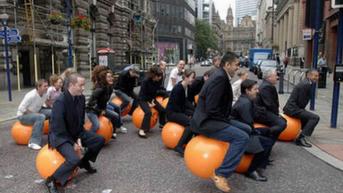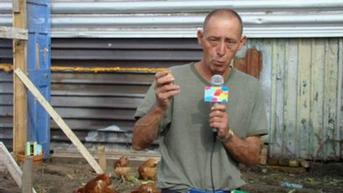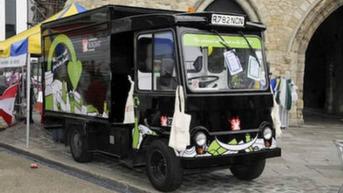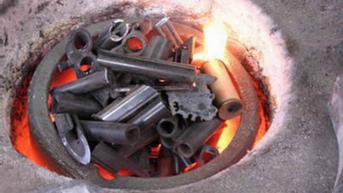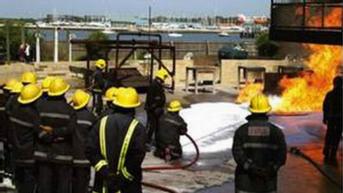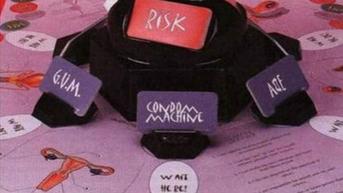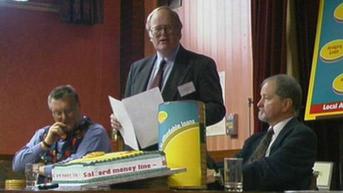PUMR Best Practice Cases
PUMR can presently show over 130 examples of best practices developed by more than 25 universities around the world which conform to PUMR principles. As PUMR develops these will be extended as more universities reveal their own ten best practice cases and share their knowledge of how they were achieved. The cases all use the UPBEAT template to make cross comparison easier, here are a few selected examples:
- 248 reads

